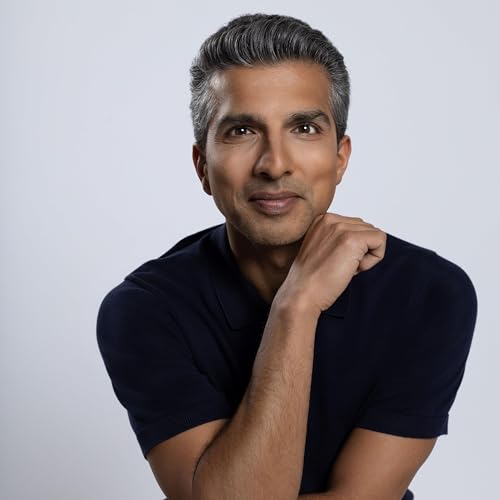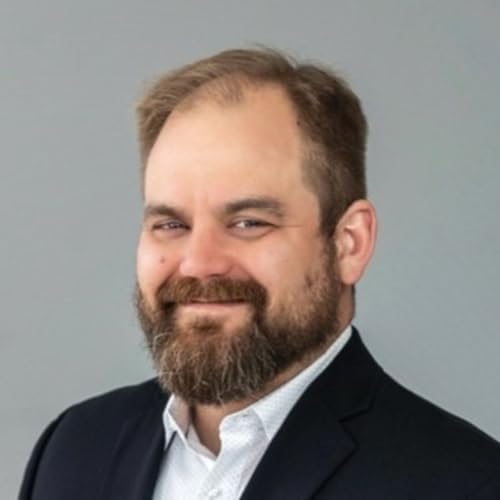Happy holidays once again! This is being aired the day after Christmas, or on Boxing Day for those who are in places that do a thing called Boxing Day. I guess it has something to do with giving boxes, or having boxes, or maybe relatives boxing one another after spending time together over the holidays. Whatever it is, hope you have a happy one.
The actual origins, according to Wikipedia, seems to be around the mid 1700s when “traditionally on this day tradespeople, employees, etc., would receive presents or gratuities (a ‘Christmas box’) from their customers or employers.” So maybe one of the earlier manifestations of customer and employee experience.
One of the things that I love about doing experience design is how relatively small things can make someone feel like a superhero. Little acts of experience design can make a big difference in people’s days and even their lives. And isn’t that what it is all about, including the holidays? Whatever you believe or don’t believe regarding the holidays, being mindful of extending small acts of kindness or doing something that is relatively simple to make a huge impact.
Which is a perfect thing to keep in mind for our show today. My guest on Experience by Design is Erika Sinner. Erika brings a lot of compassion and empathy to the world. In fact, she prefers the title of Chief Empathy Officer. Her book Pets are Family emphasizes the importance of pet bereavement policies in organizations. This is just one part of her efforts to bring more empathy to the workplace. She also is the CEO and Founder of Directorie, “a(n) agency that connects seasoned commercial, marketing, and market access experts” with organizations that are under-resourced and overworked.
If that wasn’t enough, she now is the Chief Empathy Officer of Tiny Super Heroes, which makes children who are facing unique medical challenges to feel like the superheroes that they are. As their website states, “We’re setting out to transform hospital culture - one hospital at a time - because every child’s clinical journey should be filled with strength, hope, and a little more fun.”
As part of Tiny Super Heroes, children get their own superhero capes and get badges to mark the medical treatments they receive as well as other accomplishments. It is all at no cost, and made possible through the donations of individuals and organizations, and aims to reach all 226 children's hospitals in the country.
We talk about Erika’s personal journey and struggles that led her to her work as a founder Directorie and now CEO of Tiny Super Heroes. We also talk about the importance of play in the workplace as a way of creating a sense of safety and trust. Talking about culture as a leader isn’t enough; leaders need to take the necessary steps to create a place where employees don’t dread Sunday nights because they have to go to work on Monday. She discusses the importance of company culture and employee commitment in attracting top talent, especially for Gen Z and Gen Alpha who prioritize making a difference.
Erika discusses the positive impact of the Tiny Super Heroes program on children with medical conditions, highlighting how it helps reduce anxiety and improve clinical outcomes by transforming medical experiences into fun missions. The program has online support groups for parents, which currently have around 60,000 members. Healthcare providers also benefit from the program by creating a more positive and playful environment in hospitals. In this way, it is really an experience design that impacts the healthcare ecosystem.
So on this Boxing Day, you can listen to this episode and head over to the Tiny Super Heroes website to give a gift that can make all the difference.
Erika Sinner: https://www.linkedin.com/in/erikasinner/
Erika Sinner Website: https://www.erikasinner.org/
“Pets are Family” Book: https://www.erikasinner.org/for-bookstore
Directorie: https://www.directorie.com/
Tiny Super Heroes: https://tinysuperheroes.com/
 Jan 30 20261 h et 14 min
Jan 30 20261 h et 14 min 59 min
59 min 1 h et 2 min
1 h et 2 min 1 h et 18 min
1 h et 18 min Jan 2 20261 h et 4 min
Jan 2 20261 h et 4 min 1 h et 5 min
1 h et 5 min 1 h et 9 min
1 h et 9 min Dec 12 20251 h et 6 min
Dec 12 20251 h et 6 min
